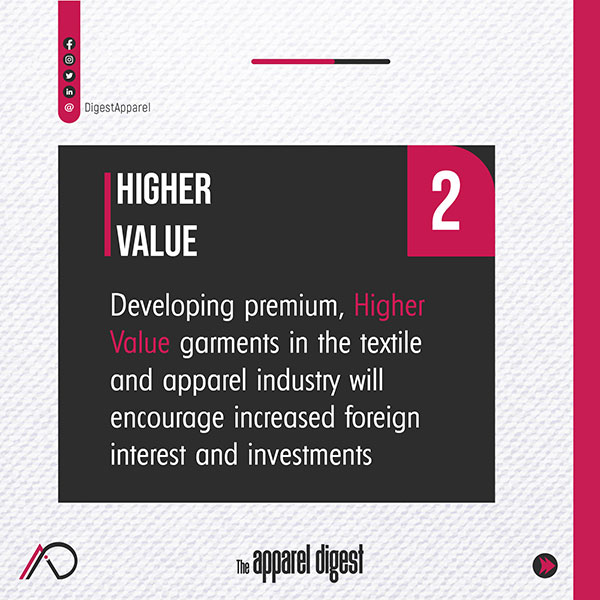peaq, the layer-1 blockchain for DePIN and Machine RWAs, announces the expansion of its ecosystem as SPIN.FASHION joins to bring luxury on Web3 rails, DePIN-style. EU-compliant and serving companies like Kering, Vogue, Galeries Lafayette, and H&M, SPIN.FASHION is building an industry-leading smart-products operating system platform for minting, connecting, and selling next-generation phygital NFTs. It tokenizes real-world art and luxury objects to turn them into on-chain RWAs with 3D digital twins for immersive extended reality (XR) experiences. SPIN.FASHION offers the only end-to-end software and hardware solutions, including proprietary smart radio-frequency identification (RFID) tags enabling companies to build digital environments and interact with customers in novel ways, providing immersive product and brand experiences. The tags also enable supply-chain traceability for a tangible proof of the object’s authenticity and provenance, connecting the physical world and on-chain data through an IoT network. It will also leverage peaq to power a circular economy model at scale, aimed at making the art and luxury industry more sustainable.
From Starbucks to Nike, countless brands have flirted with NFTs, but the technology’s highest potential is undoubtedly in the art and luxury market, where authenticity is the name of the game. Working as immutable, uncensorable proofs of provenance and authenticity, NFTs grant collectors and connoisseurs the confidence that the objects of their desire — a luxury watch, a high-end car, or a coveted art piece — are no counterfeits, but valuable works of high craftsmanship. As the luxury world treads into a phygital reality, they can play an even bigger role for the industry, enabling a variety of immersive 3D experiences and interactions with the gaming industry.
SPIN.FASHION is the leading platform for minting, connecting, selling and purchasing art, luxury, and culture objects on-chain. As part of Project Horizon, an EU funding program for circularity projects, SPIN.FASHION is co-creating the framework for fully-compliant NFT-based Digital Product Passports, which will be mandatory for all textile products sold in the EU by 2030, with an estimated 62.5B DPPs for garments required globally in the next five years. SPIN.FASHION has already onboarded more than 100 brands and creators in its closed invite-only beta pilot phase and will be launched to the public with peaq as the default chain in late Q3 2024. Its platform is already home to over 80,000 digital and physical items for art and luxury enthusiasts and is set to onboard over 1M items in the next 12 months.
Leveraging peaq as the layer-1 blockchain for its platform, SPIN.FASHION will use a variety of peaq’s Modular DePIN Functions as part of its core infrastructures. It will use self-sovereign peaq IDs as the identity standard on the platform, outfitting every RFID tag — a smart tag placed on luxury and art objects and connected with their on-chain passports — with a peaq ID. It will enable creators to mint phygital NFTs on peaq and use peaq as the home for digital twins of real-world art and luxury items. It will also use peaq as the backbone of its traceability and circularity system, deploying smart contracts on peaq to enable Web3-powered luxury trade, and launch its token natively on peaq. In the future, the peaq integration may also provide the digital backbone for SPIN.FASHION-powered XR experiences.
“We are thrilled to leverage peaq’s Modular DePIN Functions to build some of SPIN.FASHION’s key functions and use it as the main chain of choice for our luxury brands, artists, and creators. On peaq, we are building the most user-friendly, sustainable, and scalable minting infrastructure for smart-products in the industry. It’s exciting to see regulation stepping in to kick off the new RWA-Based DePIN circular economy. We have been building for this vision for almost a decade, and the application of on-chain DPPs seems to be the trigger for a butterfly effect that will reshape the world,” says Lor Albrighi, Co-CEO & Founder of SPIN.FASHION.
“The luxury and art industry stands to gain a lot from joining the Web3 RWA segment, with the added benefits of greater traceability and liquidity,” says Leonard Dorlöchter, co-founder of peaq. “With its knack for innovation, EU compliance, and a vast network of industry partnerships, SPIN.FASHION is well-positioned to be the Web3 gateway for the creative community, and we are thrilled to see it build its multi-faceted platform on peaq.”

